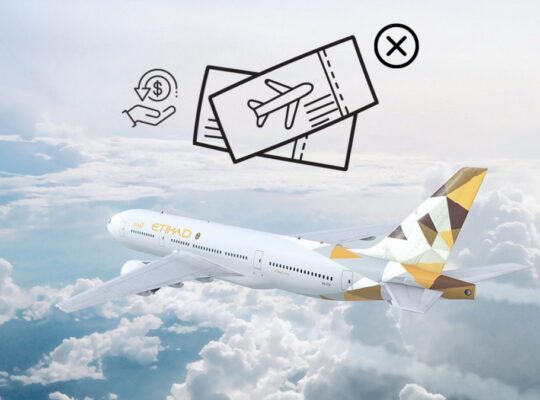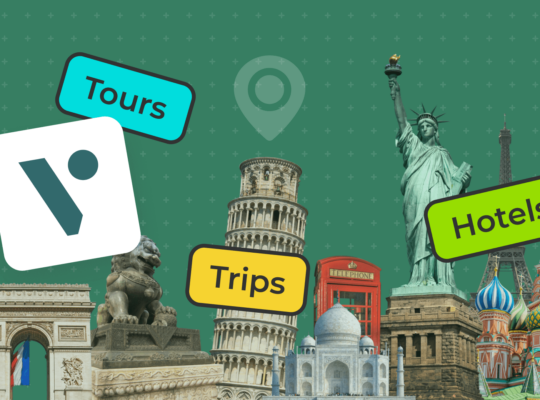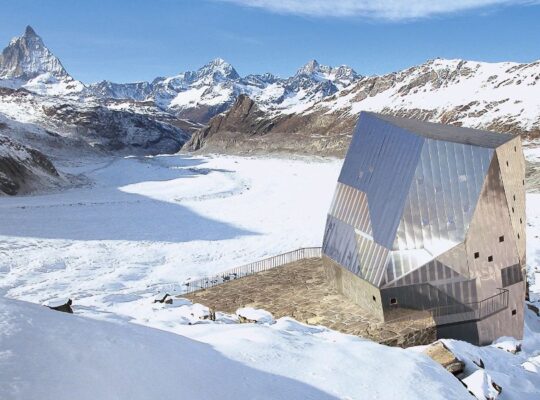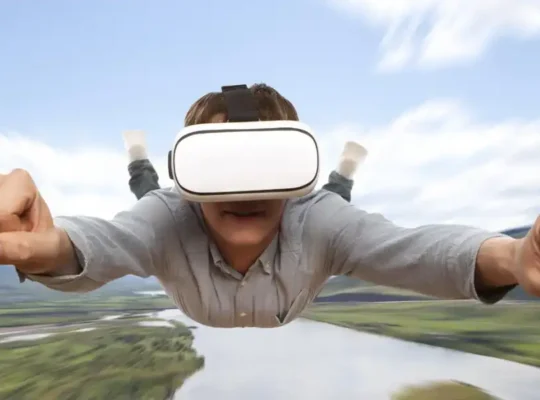Smart tourism is not just a buzzword; it's a transformative force reshaping the travel landscape. In this comprehensive exploration, we delve into the realm of Smart Tourism, uncovering its intricacies, benefits, and the impact it has on popular destinations.
The Evolution of Travel Technology
The travel industry has witnessed a remarkable evolution, with technology leading the way. From traditional guidebooks to smartphones and wearables, the journey has been nothing short of revolutionary. Embracing the digital age, Smart Tourism leverages cutting-edge technologies to enhance the overall travel experience.
Data-Driven Personalization
One of the cornerstones of Smart Tourism is data-driven personalization. Through the collection and analysis of user data, travel experiences can be tailored to individual preferences. This level of personalization ensures that each journey becomes a unique adventure.
IoT and Seamless Connectivity
The Internet of Things (IoT) plays a pivotal role in Smart Tourism, creating a seamless web of connectivity. Smart devices interact to provide real-time information, making navigation effortless and enhancing the overall travel experience. From smart luggage tracking to intelligent transportation systems, IoT is the backbone of the Smart Tourism revolution.
Popular Destinations Redefined
Smart Tourism is reshaping the landscape of popular destinations. Cities are transforming into smart hubs, offering innovative solutions for tourists. From smart city infrastructure to augmented reality-enhanced tours, these destinations are leveraging technology to provide unforgettable experiences.
Leveraging AR and VR
Augmented Reality (AR) and Virtual Reality (VR) are game-changers in Smart Tourism. Imagine exploring historical sites through immersive VR experiences or overlaying information about landmarks using AR. These technologies breathe new life into popular destinations, making them more engaging and educational.
Sustainable Travel Initiatives
Smart Tourism goes hand in hand with sustainability. As travelers become more environmentally conscious, destinations are implementing smart solutions to minimize their ecological footprint. From eco-friendly transportation options to waste reduction measures, Smart Tourism is at the forefront of sustainable travel.
The Rise of Smart Accommodations
Accommodations are no exception to the Smart Tourism wave. Smart hotels, equipped with automated check-ins, personalized room settings, and AI-driven concierge services, redefine the standards of hospitality. The focus is on creating a seamless and comfortable stay for the modern traveler.
Enhancing Safety and Security
Safety is a top priority in any travel experience. Smart Tourism integrates advanced security measures, including facial recognition, smart surveillance, and real-time emergency response systems. These innovations provide travelers with peace of mind, ensuring a secure exploration of popular destinations.
The Intersection of AI and Personalized Recommendations
Artificial Intelligence (AI) is the engine behind personalized recommendations in Smart Tourism. By analyzing user preferences, AI algorithms suggest tailored itineraries, dining options, and activities. This level of customization enhances the overall travel experience, making every journey memorable.
Blockchain in Travel: Ensuring Trust and Transparency
Blockchain technology is making waves in the travel industry by ensuring trust and transparency. Smart contracts, secure transactions, and decentralized systems contribute to a more reliable and accountable travel ecosystem.
Final Words
In the realm of Smart Tourism, the journey becomes more than a physical exploration; it transforms into a personalized and seamless experience. As popular destinations embrace these innovations, travelers can expect a new era of exploration, where technology enhances every aspect of the journey.
Frequently Asked Questions
1. How does Smart Tourism impact traditional travel experiences?
Smart Tourism redefines traditional travel by leveraging technology for personalized, seamless, and sustainable experiences. It enhances safety, provides real-time information, and contributes to the overall evolution of travel.
2. Are popular destinations ready for the Smart Tourism revolution?
Yes, popular destinations worldwide are adapting to Smart Tourism. Cities are integrating smart solutions to make travel more efficient, engaging, and environmentally friendly.
3. How does AI contribute to personalized travel recommendations?
Artificial Intelligence analyzes user data to understand preferences and behaviors, offering personalized recommendations for accommodations, activities, and itineraries.
4. What role does sustainability play in Smart Tourism?
Sustainability is a crucial aspect of Smart Tourism. The integration of eco-friendly practices, from transportation to accommodations, ensures minimal environmental impact, making travel more responsible.
5. How is blockchain technology transforming the travel industry?
Blockchain ensures trust and transparency in the travel industry by providing secure transactions, smart contracts, and decentralized systems. It enhances accountability and reliability in the travel ecosystem.












